Here are 80 facts about South Korea:
General Information
- Official Name: The official name of South Korea is the Republic of Korea.
- Capital: The capital of South Korea is Seoul, one of the largest cities in the world.
- Area: South Korea covers an area of approximately 100,210 square kilometers (38,691 square miles).
- Population: South Korea has a population of around 51 million people (as of 2023).
- Currency: The currency used in South Korea is the South Korean Won (KRW).
- Language: The official language is Korean, and the writing system is known as Hangul.
- Time Zone: South Korea follows Korea Standard Time (KST), which is UTC+9.
- Flag: The national flag of South Korea is known as the Taegukgi, symbolizing the balance of opposites (Yin-Yang).
- Motto: The national motto of South Korea is “홍익인간” (Hongik Ingan), meaning “To benefit the human world.”
- Independence: South Korea gained independence from Japan on August 15, 1945, at the end of World War II.
Government and Politics
- Government Type: South Korea is a presidential republic.
- President: The president is both the head of state and head of government. As of 2023, Yoon Suk-yeol is the president.
- Legislature: South Korea has a unicameral legislature known as the National Assembly, with 300 members.
- Capitalism: South Korea has a capitalist economy, making it one of the world’s most developed countries.
- Constitution: The Constitution of South Korea was adopted on July 17, 1948.
- National Security Law: South Korea has a controversial National Security Law that restricts activities deemed to support North Korea.
Geography and Natural Resources
- Geography: South Korea is located on the Korean Peninsula in East Asia, bordered by North Korea to the north, the Yellow Sea to the west, and the Sea of Japan (East Sea) to the east.
- Mountains: South Korea is a mountainous country, with about 70% of its land covered by mountains. The Taebaek Mountains run along the eastern coast.
- Highest Peak: The highest point in South Korea is Hallasan on Jeju Island, which stands at 1,947 meters (6,388 feet).
- Rivers: The two major rivers are the Han River and the Nakdong River.
- Climate: South Korea experiences a temperate climate with four distinct seasons—spring, summer, autumn, and winter.
- Natural Resources: South Korea has limited natural resources, but it does have some coal, tungsten, and rare earth minerals.
Economy and Industry
- Economy: South Korea has the 10th largest economy in the world by nominal GDP.
- Exports: Key exports include electronics, automobiles, ships, petrochemicals, and steel.
- Tech Hub: South Korea is home to tech giants like Samsung, LG, and Hyundai.
- Automobile Industry: South Korea is one of the largest car producers globally, with companies like Hyundai, Kia, and Genesis.
- Manufacturing: South Korea has a robust manufacturing sector, particularly in electronics, shipbuilding, and steel production.
- World’s Largest Shipbuilding Company: Hyundai Heavy Industries is the world’s largest shipbuilding company.
- Seoul Stock Exchange: The Korea Composite Stock Price Index (KOSPI) is South Korea’s stock market index.
- Economic Growth: South Korea’s economy grew rapidly in the second half of the 20th century, a phenomenon known as the Miracle on the Han River.
Culture and Society
- K-pop: South Korea is globally known for its K-pop music industry, with groups like BTS, BLACKPINK, and EXO achieving international fame.
- Hanbok: Hanbok is a traditional Korean garment, often worn during festivals and celebrations.
- Cuisine: Korean cuisine is known for dishes like kimchi, bulgogi, bibimbap, and kimbap.
- Kimchi: Kimchi is a staple food, made from fermented vegetables, primarily cabbage and radish, and seasoned with chili peppers and garlic.
- Chuseok: Chuseok is one of the most important holidays in South Korea, often referred to as Korean Thanksgiving.
- Language: Korean is written in Hangul, created by King Sejong the Great in 1446.
- Confucian Influence: South Korean society is strongly influenced by Confucian principles, especially in family structure and respect for elders.
- Traditional Architecture: Traditional Korean houses are called hanok, with distinctive tiled roofs and wooden beams.
- Tea Culture: Korea has a strong tea culture, with green tea being the most popular.
- Popular Sports: South Koreans enjoy sports like taekwondo, soccer, baseball, and basketball.
Education and Technology
- Education: South Korea has one of the best education systems globally, known for its rigor and emphasis on academic success.
- Technology: South Korea has the fastest internet in the world, with near-universal broadband access.
- Smartphones: South Korea is home to Samsung, one of the largest manufacturers of smartphones globally.
- Innovations: South Korea is a leader in robotics, artificial intelligence, and biotechnology.
- Gaming: South Korea is a gaming powerhouse, particularly in competitive gaming (eSports), with games like League of Legends being extremely popular.
- Space Program: South Korea has its own space program and successfully launched its first satellite in 2013.
- Cybersecurity: South Korea has advanced cybersecurity capabilities and is a leader in digital infrastructure.
History
- Ancient Kingdoms: Korea has a rich history, with ancient kingdoms such as Goguryeo, Baekje, and Silla.
- Joseon Dynasty: The Joseon Dynasty (1392-1897) was a major Korean kingdom known for its Confucian values and contributions to Korean culture.
- Japanese Occupation: Korea was under Japanese rule from 1910 to 1945, which had a significant impact on Korean culture and identity.
- Korean War: The Korean War (1950-1953) was fought between North Korea (with Chinese and Soviet support) and South Korea (with U.N. and U.S. support). The war ended in an armistice, and Korea remains divided.
- Division of Korea: After World War II, Korea was divided into two zones, with the North occupied by the Soviet Union and the South by the U.S.
- Republic of Korea: South Korea was officially founded in 1948 after the end of Japanese rule.
- Military Dictatorship: South Korea was under a military dictatorship for much of the mid-20th century until democratic reforms in the 1980s.
Geography and Landmarks
- Jeju Island: Jeju Island is a popular tourist destination, known for its volcanic landscapes, beaches, and waterfalls.
- Gyeongbokgung Palace: Gyeongbokgung Palace in Seoul is one of the most iconic historical landmarks of South Korea.
- Bukhansan National Park: Located near Seoul, Bukhansan is a popular spot for hiking and nature walks.
- Namsan Seoul Tower: Namsan Seoul Tower offers panoramic views of the city and is a popular tourist attraction.
- DMZ (Demilitarized Zone): The DMZ is the buffer zone that separates North and South Korea and is one of the most heavily guarded borders in the world.
South Korea and the World
- United Nations: South Korea is a member of the United Nations (since 1991).
- Olympics: South Korea has hosted the 1988 Summer Olympics in Seoul and the 2018 Winter Olympics in Pyeongchang.
- Global Power: South Korea is considered a middle power in global politics and is a member of the G20.
- Tourism: South Korea is a major tourist destination, especially for travelers interested in its culture, food, and technology.
- U.S. Alliance: South Korea maintains a strong alliance with the United States and hosts American military bases on its soil.
- Inter-Korean Relations: South Korea seeks peaceful and diplomatic solutions to the North Korean crisis.
- Foreign Aid: South Korea provides foreign aid to several countries, particularly in Asia and Africa.
- International Trade: South Korea is one of the world’s leading trading nations, with major trade partners like China, the United States, and Japan.
Fun Facts and Miscellaneous
- Social Media: South Korea has one of the highest rates of social media usage worldwide.
- K-beauty: South Korea is famous for its K-beauty industry, which includes skincare products, cosmetics, and beauty trends.
- Longevity: South Koreans have some of the longest life expectancies in the world.
- Coffee Culture: South Korea has a vibrant coffee culture, with a large number of coffee shops and cafés.
- Public Transportation: South Korea has one of the most efficient public transport systems in the world, particularly in Seoul.
- Korean War Veterans: South Korea honors its veterans, with memorials dedicated to those who fought during the Korean War.
- Language Learning: Many people around the world learn Korean due to the rise of K-pop and K-dramas.
- Hallyu: The Korean Wave (Hallyu) refers to the global spread of Korean culture, including music, dramas, food, and fashion.
- Pet Ownership: Pet ownership is growing in South Korea, with many young people owning pets.
- Public Health: South Korea has a universal healthcare system known for its advanced medical technology.
- Entrepreneurial Spirit: South Korea has a strong entrepreneurial culture, with many young people starting tech companies.
- Traditional Festivals: South Korea celebrates traditional festivals like Seollal (Lunar New Year) and Dano.
- Sustainability: South Korea is making efforts to become more environmentally sustainable, with initiatives focused on renewable energy and green technology.
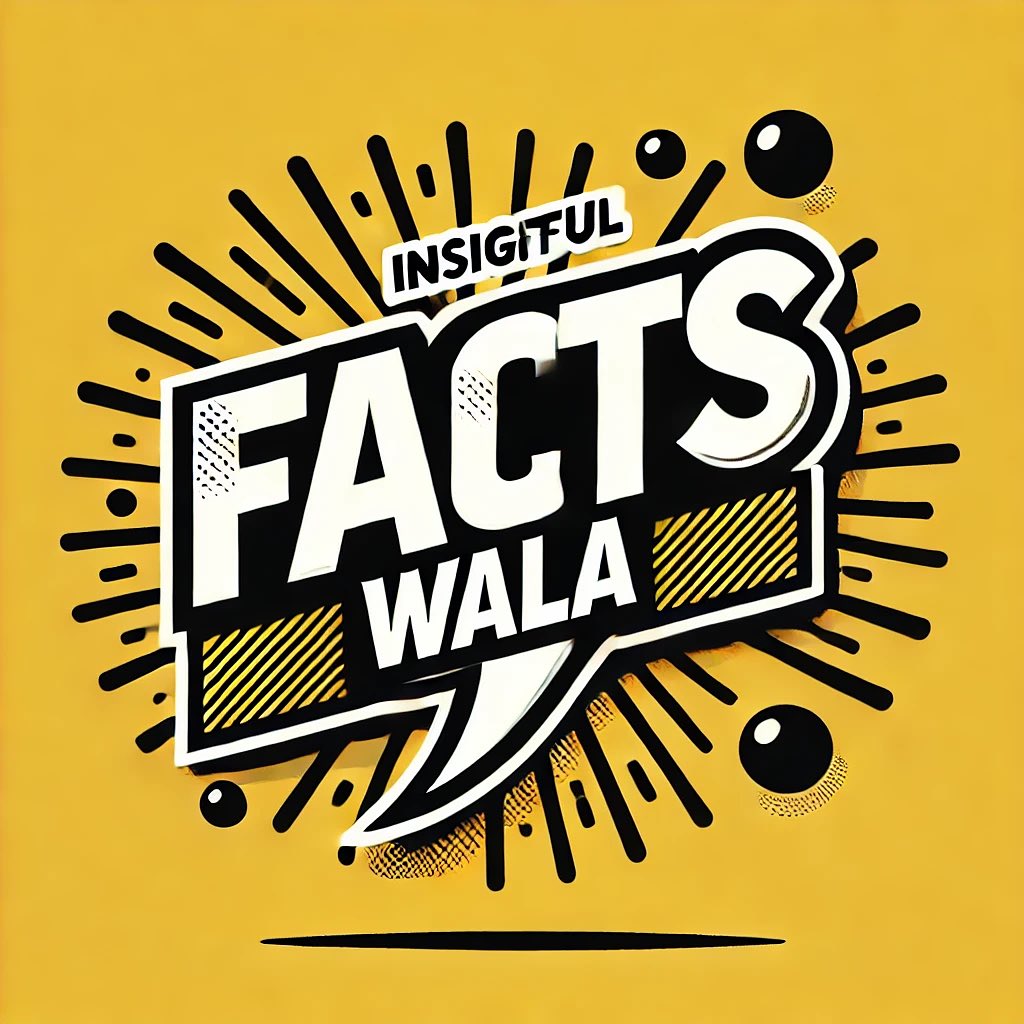
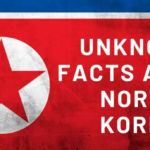



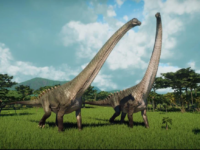


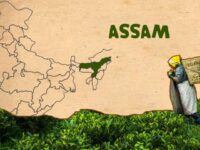

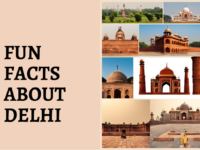


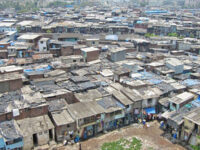
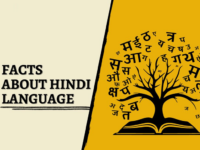
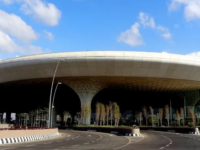
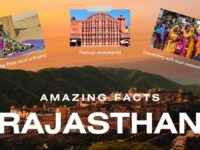


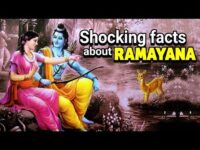

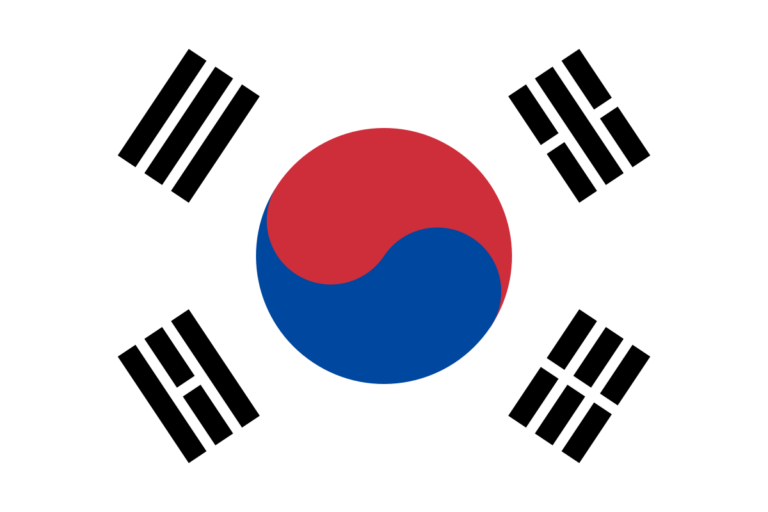
0 Comments